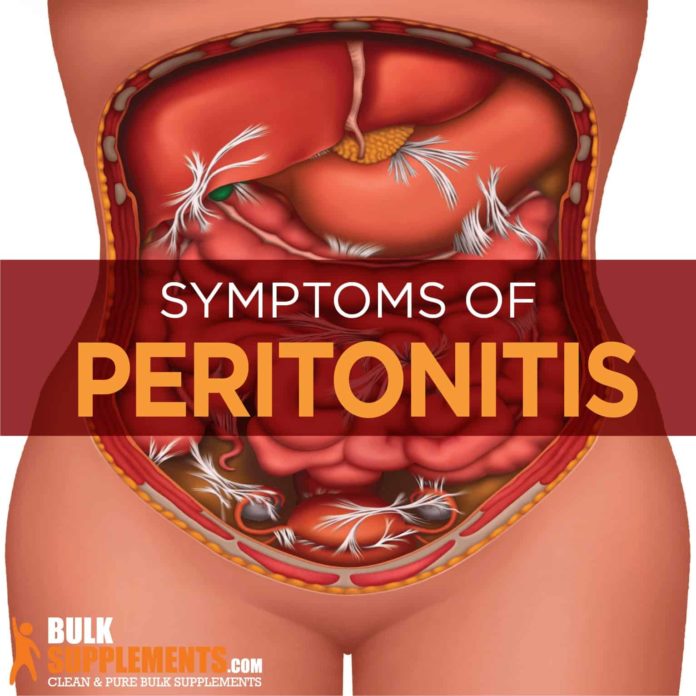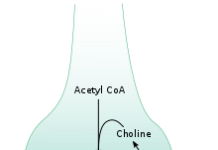Peritonitis is a bacterial or fungal infection of the peritoneum, the thin, silklike membrane that lines your inner abdominal wall.
The peritoneum protects the organs within your abdomen, such as your liver, stomach, and intestines.
Causes of Peritonitis
Spontaneous peritonitis is most often caused by an infection in fluid that collects inside the abdomen.
The fluid buildup tends to occur with advanced liver or kidney disease, and in people who are on peritoneal dialysis for kidney failure. It can also be due to inflammation, infection, or injury of the intestines.
Secondary peritonitis occurs due to another condition in the body, such as an infection that spreads from the digestive tract caused by a ruptured appendix, a stomach ulcer, diverticulitis, or a perforated colon.
Injuries like gunshot or knife wounds can also bring about the infection, as well as the use of dialysis catheters or feeding tubes.
Duration of Peritonitis
If you need further intervention, such as surgery, your doctor will discuss recovery time with you.
Complications of Peritonitis
- Dehydration
- Bacteremia, or a bacterial infection of the bloodstream
- Sepsis, a fast-moving and life-threatening condition in which the body’s response to an infection is out of balance, leading to inflammation over a large part of the body
- Hepatic encephalopathy, the loss of brain function caused by the liver’s inability to remove toxins from the blood
- Hepatorenal syndrome, which occurs when there’s progressive kidney failure in people with cirrhosis of the liver
- Organ failure and death
Related Conditions of Peritonitis
Certain conditions increase the risk of peritonitis, including necrotizing enterocolitis and being on peritoneal dialysis for kidney failure.
Resources We Love
Favorite Organizations for Information on Peritonitis
National Kidney Foundation (NKF)
NFK is a nonprofit organization dedicated to scientific research and innovation, as well as educating the public and advocating for all people with kidney disease. Get essential facts about peritonitis and find ways to get involved by volunteering or joining events to raise awareness and fundraise to fight kidney disease.
Mayo Clinic
The Mayo Clinic provides everything you need to know about causes, symptoms, treatment, and prevention of peritonitis.
Favorite Online Support Group
Renal Support Network (RSN)
RSN offers monthly virtual support group meetings via Zoom at no charge to people living with kidney disease and their families. Topics include diet, exercise, hobbies, and more. The organization also offers annual patient education meetings free of charge.
Favorite Resource for Becoming an Advocate
Dialysis Patient Citizens (DPC)
This nationwide, nonprofit organization is led by patients and provides a number of resources for dialysis and predialysis patients and their families. With DPC’s help you can volunteer to become a patient ambassador and represent the organization in your local community. DCP provides monthly newsletters, as well as multiple teleconference calls per year, with instructions for ways you can take action. This can range from writing a letter to inviting a local member of Congress to your facility.
Additional reporting by Ashley Welch.
Editorial Sources and Fact-Checking
- Peritonitis. Medline Plus. November 3, 2020.
- Peritonitis: Symptoms & Causes. Mayo Clinic. June 18, 2020.
- Necrotizing Enterocolitis. Medline Plus. November 3, 2020.
- Peritonitis: Diagnosis & Treatment. Mayo Clinic. June 18, 2020.
- NHS. October 9, 2020.
- Johns Hopkins Medicine.
- Hepatorenal Syndrome. National Organization for Rare Disorders.
- Peritonitis Rates of the Past Thirty Years: From Improvement to Stagnation. Peritoneal Dialysis International. Mar-Apr 2014.
- Peritoneal Dialysis. Mayo Clinic. April 24, 2019.













































